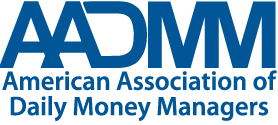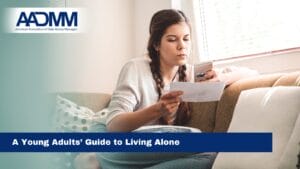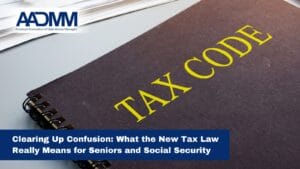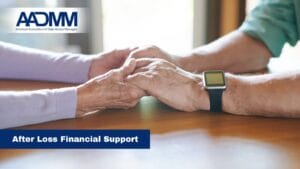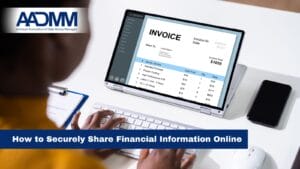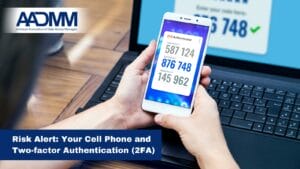
As the year comes to a close many of us are longing to spend time with friends and family and planning how to safely navigate the holidays. No one really wants to think about taxes. And yet the pandemic invades every aspect of our lives and taxes are no exception. Two major tax bills were passed in response to the COVID-19 pandemic, which could have an effect on your 2020 taxes.
The CARES Act
The Coronavirus Aid, Relief, and Economic Security (CARES) Act, P.L. 116-136 provides various relief provisions for individuals and businesses, including:
Economic impact payments
- $1,200 per taxpayer plus $500 for each qualifying child for taxpayers with Adjusted Gross Income below $75,000 for single and $150,000 for joint filers
- Those eligible who did not receive a payment can claim the credit when they file their 2020 income tax return
Retirement Plan Distributions (RMDs)
- Required minimum distribution are suspended for 2020
- Taxpayers younger than 59-½ can take up to $100,000 in distributions without 10% early distribution penalty if diagnosed with COVID-19. These distributions can be repaid over 3 years or included in income over 3 years.
Charitable contributions
- $300 deduction available for taxpayers who take the standard deduction
- For taxpayers who itemize deductions, limitation on amount of charitable contributions eligible for deduction increased to 100% of Adjusted Gross Income
Employee retention credit
A credit of 50% of qualified wages (up to $10,000 per employee) for employers that close due to the coronavirus pandemic
Delay of payroll tax payments
Employers can delay tax payments equal to 50% of 2020 employer payroll taxes until Dec. 31, 2021; the other 50% will be due Dec. 31, 2022. For self-employment taxes, 50% will not be due until those same dates.
The Families First Coronavirus Response Act
The Families First Coronavirus Response Act, P.L. 116-127 provides tax credits for COVID-19 related leave for both eligible employers and certain self-employed individuals:
- Employers will report their total qualified leave wages and the related credits for each quarter on Form 941
- If an employer does not have sufficient funds to pay the required leave wages, they may file for an advance using form 7200, Advance Payment of Employer Credits Due to COVID-19 found here: Form 7200 (March 2020)
- For an eligible self-employed individual, the qualified sick leave equivalent amount is equal to the number of days (maximum of 10) that the individual cannot work due to quarantine or COVID-19 symptoms, multiplied by the lesser of $511 or 100 percent of the “average daily self-employment income” for the taxable year.
- For an eligible self-employed individual, the qualified family leave equivalent amount is equal to the number of days (maximum of 10) that the individual cannot work due to quarantine or COVID-19 symptoms, multiplied by the lesser of $200 or 67 percent of the “average daily self-employment income” for the taxable year.
- Qualified sick leave wages and qualified family leave wages are taxable to employees
- Detailed information and FAQs can be found here: COVID-19-Related Tax Credits for Paid Sick and Paid Family Leave: Overview
Reminder: Unemployment benefits are taxable income although tax withholding is voluntary. It’s best to have tax withheld from each unemployment check rather than face a surprise tax bill when you file your tax return.
Details on this new legislation are still being ironed out by the IRS and there is always the possibility of a new tax law before the filing deadline, so check for updates and consult a tax professional when needed. The latest IRS information can be found at Coronavirus Tax Relief and Economic Impact Payments.
———————————————————-
This material has been prepared for general informational purposes only, and is not intended to provide, and should not be relied on for, tax, legal or accounting advice.
Elizabeth Zeldes, CPA is a consultant and trainer for accounting and daily money management firms. Elizabeth has been a DMM for 15 years, is a Certified Daily Money Manager® and a member of the AADMM Public Awareness Committee. You can find her at Elizabeth Zeldes, CPA, CDMM®
